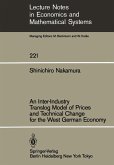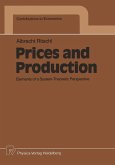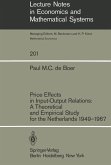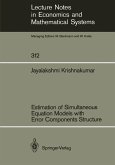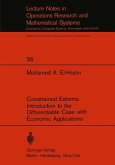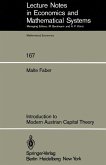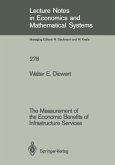The theory of Lie groups has proven to be a most powerful analytical tool in many areas of modern scientific endeavors. It was only a few years ago that economists discovered the usefulness of this approach in their study of the frontiers of modern economic theory. These frontiers include the areas of technical change and productivity, technology and preference, economic conservation laws, comparative statics and integrability conditions, index number problems, and the general theory of ~ observable market behavior (Sato [1980, 1981], Nono [1971], Sato and N~no [1983], Russell [1983]). 1 In Nono [1971] and Sa to [1981, Chapter 4] the concept of "G-neutral" (group neutral) technical change was first introduced as a natural extension of the well-known concepts of Hicks, Harrod, Solow and Sato-Beckmann-Rose neutrality. The present monograph contains a further extension of the G-neutral technical change to the case of non-constant-returns-to-scale technology and to the case of multiple factor inputs. The methodology of total productivity estimation by means of Lie group transformations is also developed in this monograph. We would like to express our sincere thanks to many individuals notably to Professor M. J. Beckmann, Professor F. Mimura, Professor G. Suzawa, T. Mitchell, K. Mino and P. Calem, for their numerous contributions at various stages of this work. We are also grateful to Marion Wathey for her usual superb typing of this difficult manuscript. Providence, R. I. , U. S. A.
Dieser Download kann aus rechtlichen Gründen nur mit Rechnungsadresse in A, B, BG, CY, CZ, D, DK, EW, E, FIN, F, GR, HR, H, IRL, I, LT, L, LR, M, NL, PL, P, R, S, SLO, SK ausgeliefert werden.



